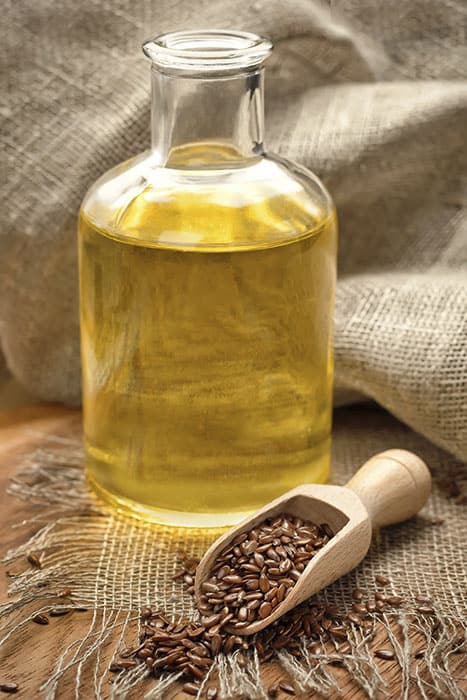The Best Form of Flax for Your Horse
- Posted by Clair Thunes, PhD

Q. I’d like to start supplementing my horse with flax to improve his coat quality. My friend recommended that I buy ground stabilized flax. I went to the feed store and found it had flax oil. Additionally, the feed store sells whole flaxseeds that are far cheaper than the ground or the oil. I’ve read that horses cannot digest whole flaxseed. Is that true, and which form of flax should I buy?
A. Flax is a good source of plant-based omega-3 fatty acids and has become a popular supplement for horses for improving coat quality and as a way to support a healthy inflammatory response.
Whole Flaxseeds
Flaxseeds are small and hard, and if you’ve ever had them in your breakfast cereal or in whole grain bread, you know they become slimy once in contact with saliva. This is thanks to the mucilage that forms when they become wet. They can also be tricky to chew
Create a free account with TheHorse.com to view this content.
TheHorse.com is home to thousands of free articles about horse health care. In order to access some of our exclusive free content, you must be signed into TheHorse.com.
Start your free account today!
Already have an account?
and continue reading.

Written by:
Clair Thunes, PhD
Related Articles
Stay on top of the most recent Horse Health news with
















3 Responses
What type of Flax is used in horse products? blue, yellow, Red? Perennial or annul type?
Can Flax seed help with respiratory allergies in reducing inflammation in the lungs?
Micronized linseed can be fed at 1 cup per day for a horse and 1/2 cup for a pony. It has the advantage of a long shelf life, provides fibre as well as oil and doesn’t leave an oily residue in the feed bowl like the oil does.